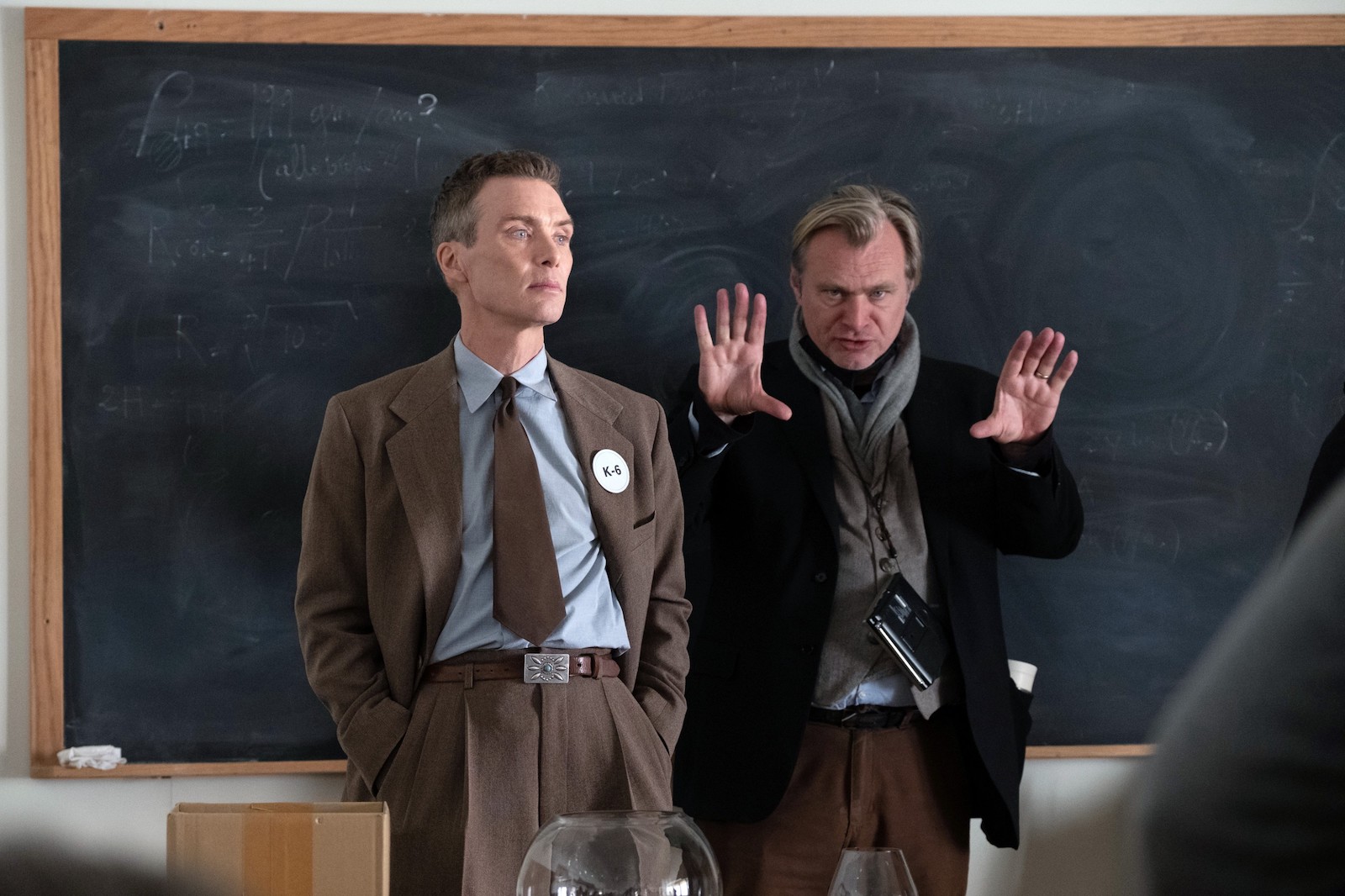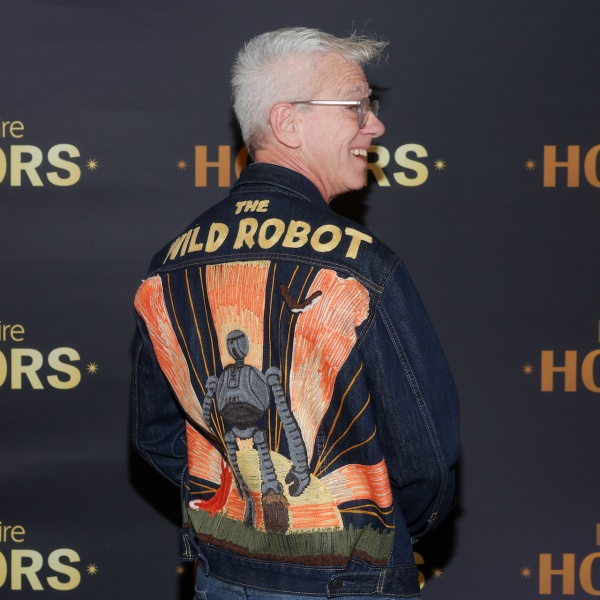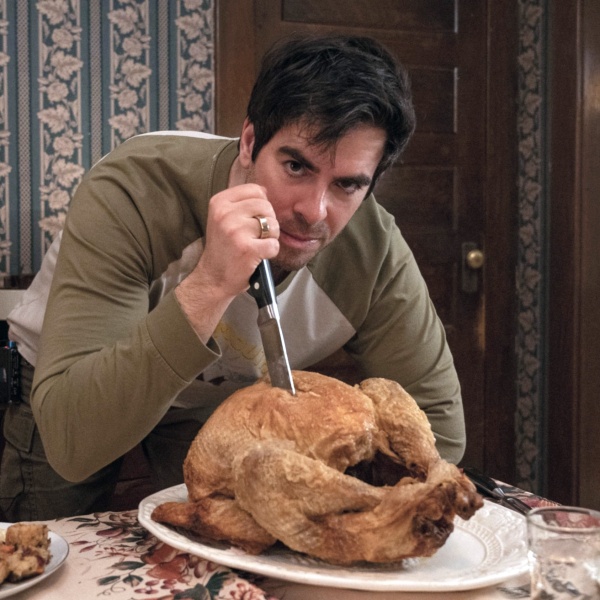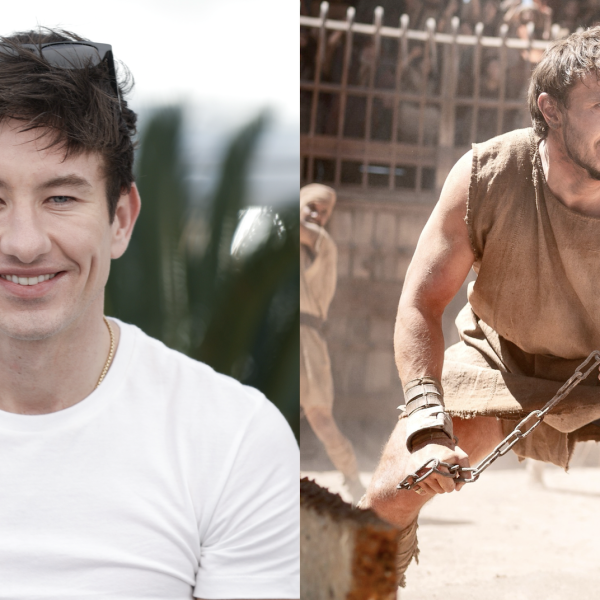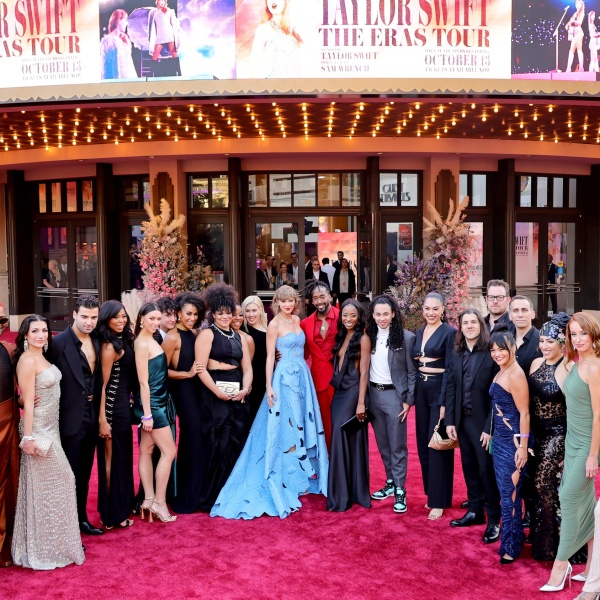He’s the director most associated with 21st century cinematic spectacle and, finally, he has an Oscar. Christopher Nolan has won the Best Director Oscar at the 96th Academy Awards for “Oppenheimer.”
This is only the second time Nolan’s ever been nominated for Best Director. His first came for 2017’s “Dunkirk.” He has received a total of eight Oscar nominations in his entire career, however, including those two Best Director nods: also, for Best Original Screenplay for 2000’s “Memento,” Best Picture and Best Original Screenplay for 2010’s “Inception,” Best Picture for “Dunkirk,” and Best Adapted Screenplay and Best Picture for “Oppenheimer.” With the film also winning Best Picture that means he actually now has two Oscars.
“Oppenheimer” itself won seven Oscars: in addition to Best Director and Best Picture, it won Best Supporting Actor for Robert Downey Jr., Best Film Editing, Best Cinematography, Best Original Score, and Best Actor for Cillian Murphy.
Nolan’s adaptation of Kai Bird and Martin J. Sherwin’s 2005 history book “American Prometheus,” for which he wrote the screenplay himself, proved to be one of the most acclaimed films of 2023, placing at #2 on IndieWire’s critics survey of the best films of the year. Nolan also placed at #2 on the Best Director list from that poll.
Nolan winning the Oscar for Best Director is far from a shock, even if, for much of his career, it seemed like the Academy was resistant to even nominating him: He won Best Director at the BAFTAs, the Golden Globes, the Directors Guild of America Awards, and the Critics Choice Awards.
“Oppenheimer” was particularly perfect material for Nolan. As David Ehrlich put it in IndieWire’s review of “Oppenheimer,” “If J. Robert Oppenheimer didn’t exist, Christopher Nolan would probably have been compelled to invent him.”
Nolan himself expounded at length to IndieWire’s Anne Thompson about the unique process of writing the “Oppenheimer” script in the first person from the point of view of J. Robert Oppenheimer himself.
“Every film, when you’re conceiving it: What’s the approach here? What will the audience take away?” he told Thompson. “Every film has a particular thing, or a couple of things, that you have to land with the audience; they have to come down with a hammer. The turning point of this script that I needed to push as hard as possible was [Oppenheimer’s] transition from the absolute triumphant Trinity test, the highest high, and pivoting to the absolute lowest low in as short a space of time possible. I concentrated on the use of genre, because I knew that this is a film about people in rooms talking. When I looked at cinema, I found the two genres — the heist film and the courtroom drama — in which the words people say are utterly compelling. They are the candy the audience is automatically leaning forward and wanting to hear. In the case of a heist film: What’s the plan? What are the stakes, how is it all being put together? How do people relate to each other?
“And the courtroom drama, you put a character on the stand and the prosecutor starts interrogating them. Immediately, we’re all tense. We’re all listening. Those are two genres where audiences are not just willing to listen, but they enjoy that process. I early on settled on the first part of the movie being this origin story of almost a superhero. He’s somebody who’s unbelievably insightful and intelligent in the world of physics, and I chose to present that journey as him dealing with almost a superpower he can’t control or is afraid of, seeing energy in dull matter. He’s in a difficult place. Ken Branagh’s character of Niels Bohr comes in as a mentor figure to get him to see how this can be a powerful set of insights, how it can be his superpower. As an audience, we go on that journey for the first third of the film. As the Manhattan Project comes into focus, we switch full bore as Matt Damon’s character, General Groves, comes into the room. The film literally pivots to the heist that forms the large middle of the film.”
Nolan’s film went on to gross $957 million worldwide, making it the third biggest box-office success of 2023, behind “Barbie” and “The Super Mario Bros. Movie.” The director famously left his longtime studio Warner Bros. to make “Oppenheimer” at Universal after Warner Bros.’ previous leadership unilaterally decided to have a day-and-date release on the now-defunct HBO Max for his last film, “Tenet,” during the COVID pandemic.
“Some of our industry’s biggest filmmakers and most important movie stars went to bed the night before thinking they were working for the greatest movie studio and woke up to find out they were working for the worst streaming service,” Nolan wrote in 2020. “Warner Bros. had an incredible machine for getting a filmmaker’s work out everywhere, both in theaters and in the home, and they are dismantling it as we speak.”
Warner Bros. changed leadership since then, following the merger to become Warner Bros. Discovery, with the studio’s theatrical production and distribution now overseen by Mike DeLuca and Pam Abdy and they have signaled they’d like to find a way to bring Nolan back to the studio.
